If you’re looking for essential pride month reads, we’ve got you covered with some must-reads and some brand-new titles that celebrate queer voices
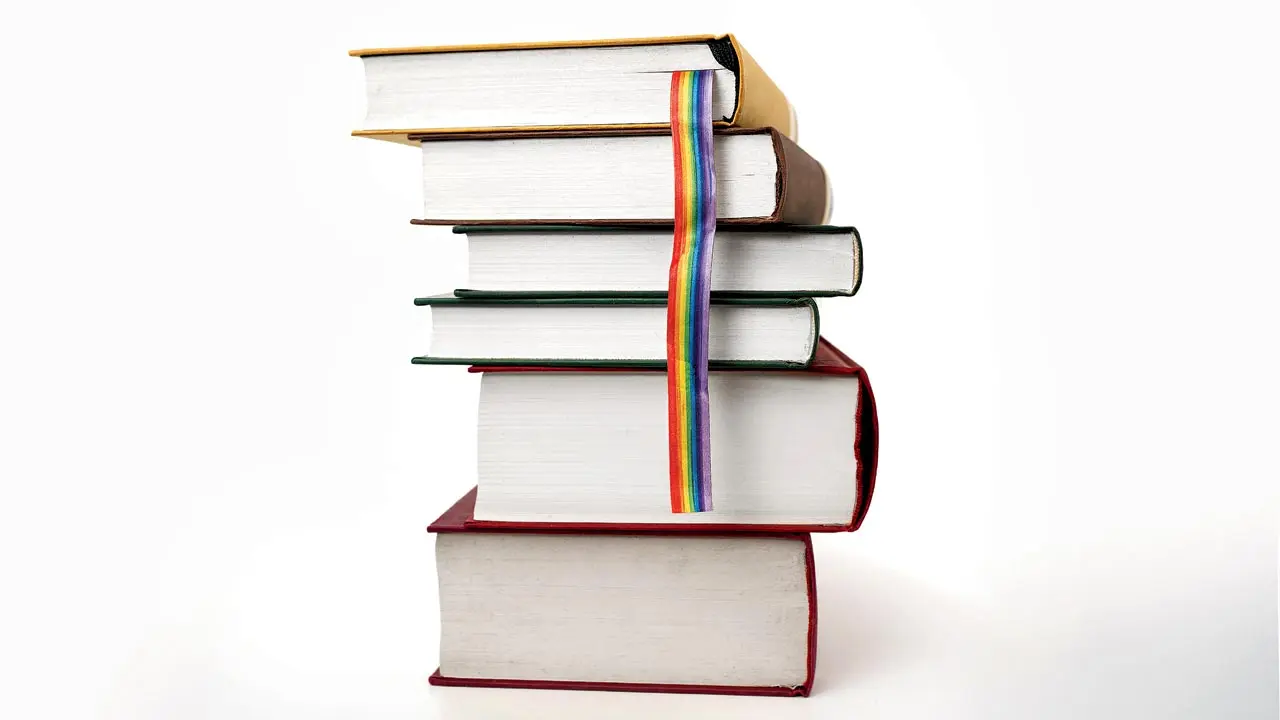
Representation pic/iStock
Facing the Mirror
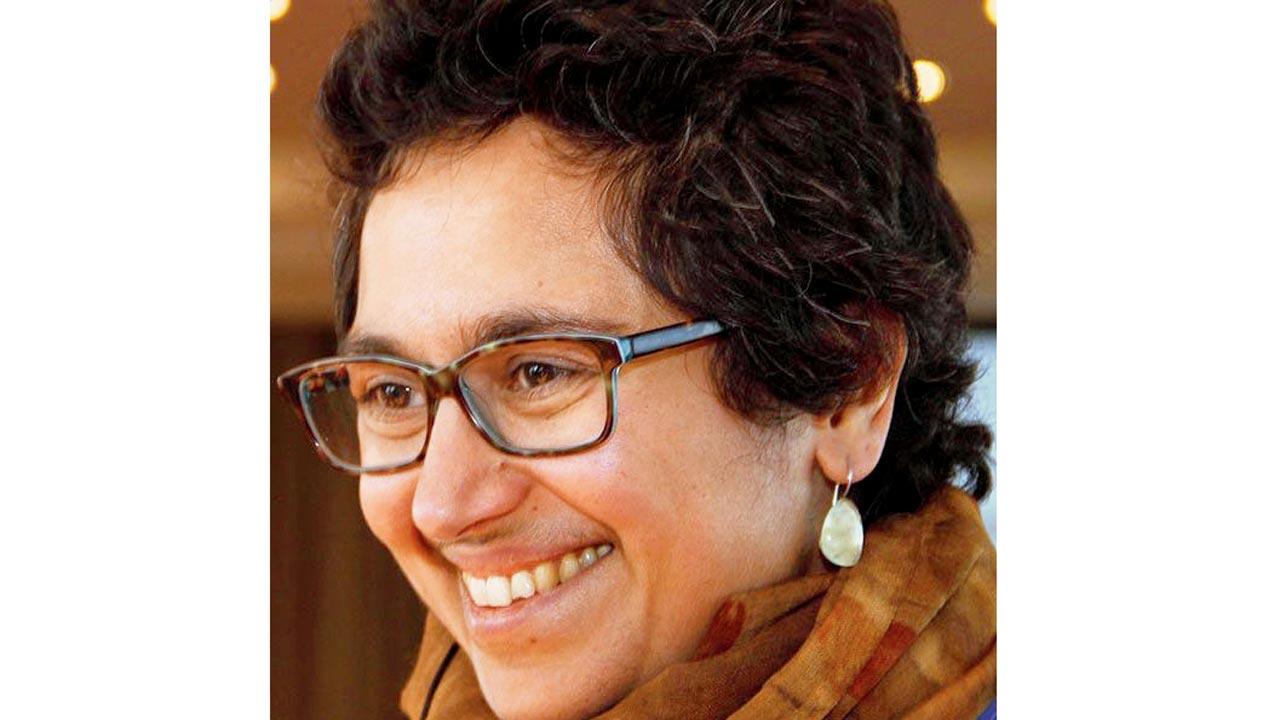 Ashwini Sukthankar
Ashwini Sukthankar
Ashwini Sukthankar writes in her hard-hitting introduction: “For Indian lesbians, putting our words into public space has so far meant having to brutally manipulate the dimensions of who we are.” Sukthankar was writing in 1998 about an independent India, which had failed to accept lesbian narratives. The writers would have to alter the gender of their characters or plots to fit in. This essential anthology (Penguin Random House India) allows space for these writers to ‘face the mirror’ and document stories without alteration. The writings include texts scribbled on scraps of paper, extracts from journals, anecdotes transcribed from narrated stories, love letters, translated work, and fiction.
Queering India
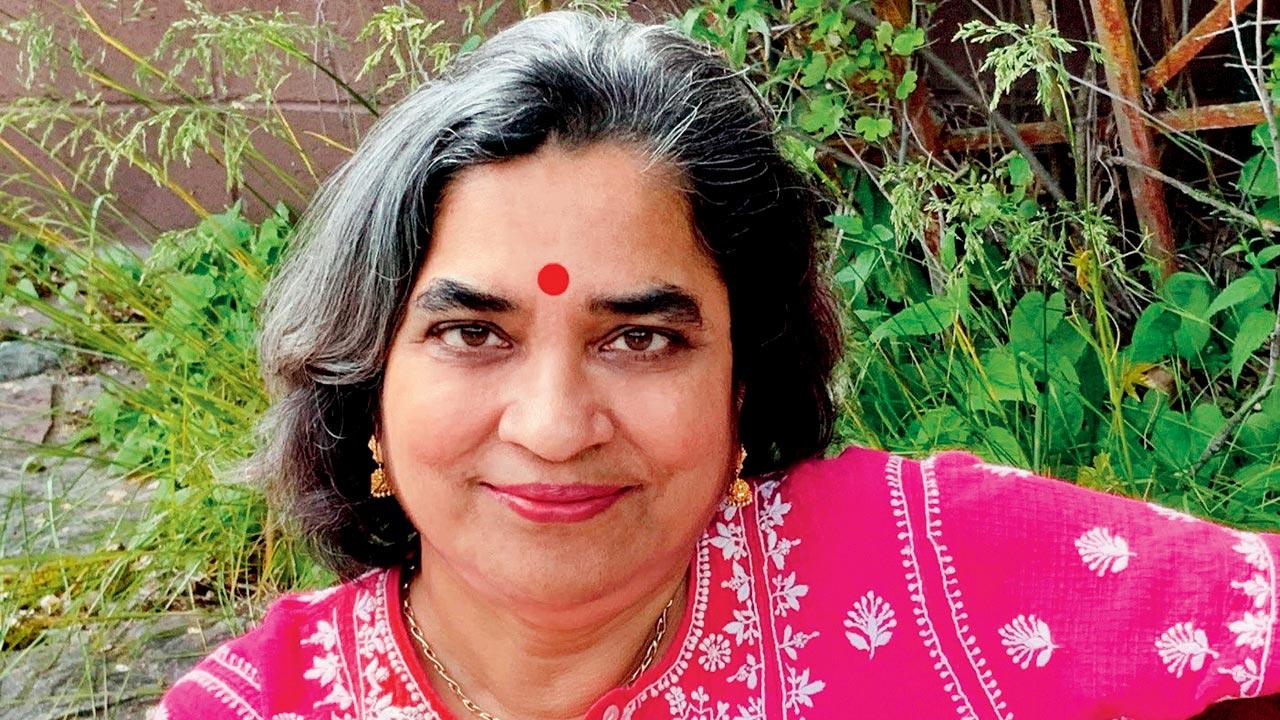 Ruth Vanita
Ruth Vanita
Scholarly essays from postcolonial writers find a place in this anthology that offers an understanding of same sex love, desire, and eroticism. Published in 2002 by Routledge, it was the earliest to do so in India. Edited by Ruth Vanita, it unpacks various ideas — from the colonial legacy that introduced terms like ‘unlawful’ and ‘sinful’, to interrogations through fiction and performances on stage, TV, and cinema. For instance, Geeta Patel writes about Deepa Mehta’s film Fire (1996) and the controversies on its release; Rosemary Marangoly George analyses same-sex desire in poet Kamala Das’s work.
My Father’s Garden
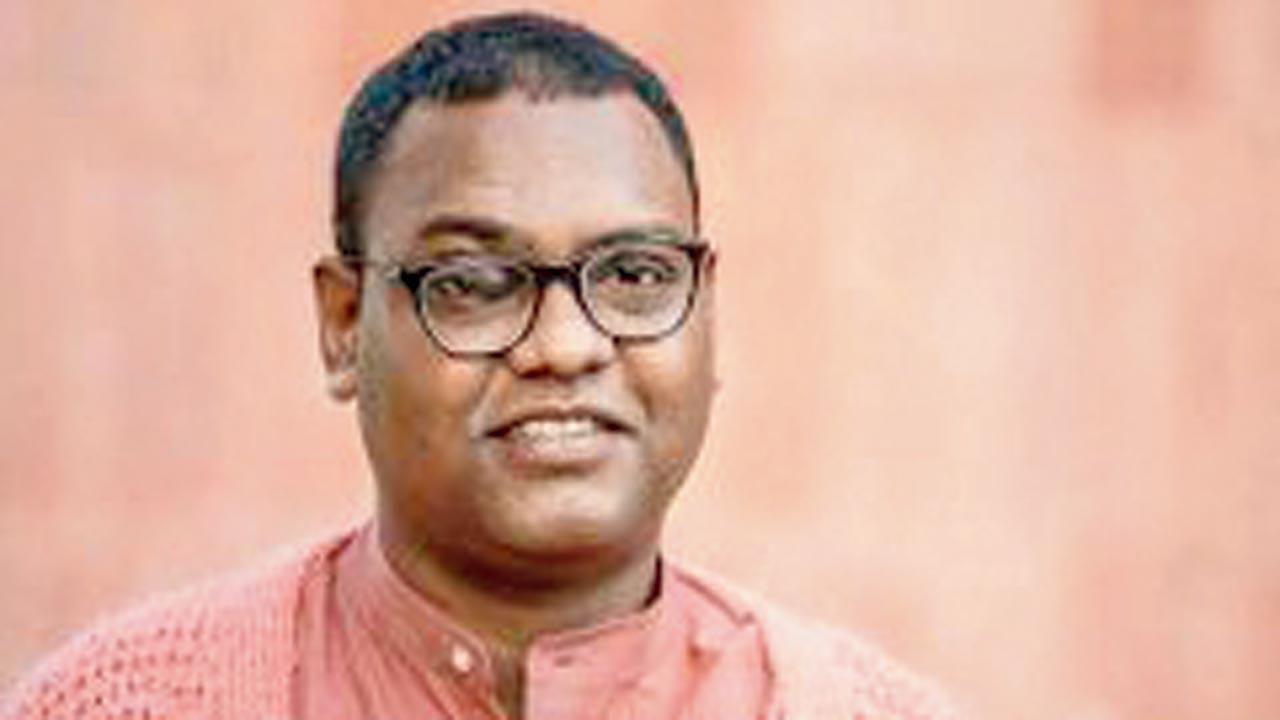 Hansda Sowvendra Shekhar
Hansda Sowvendra Shekhar
Hansda Sowvendra Shekhar’s novel (Speaking Tiger Books) is set in three towns in Jharkhand. Written in three parts, it begins with a heartbreak experienced by the young Santhali gay narrator whose lover from college prefers keeping their relationship coveted. To heal from it, he escapes first to Pakur, then to Ghatshila. While in Pakur, he searches for companionship. Although he finds it in the head clerk of the hospital where he works, he is soon disillusioned when he finds out the truth about his new friend. He ultimately returns home where he thinks about his father, his life, and what his love for his garden truly means.
Deviants
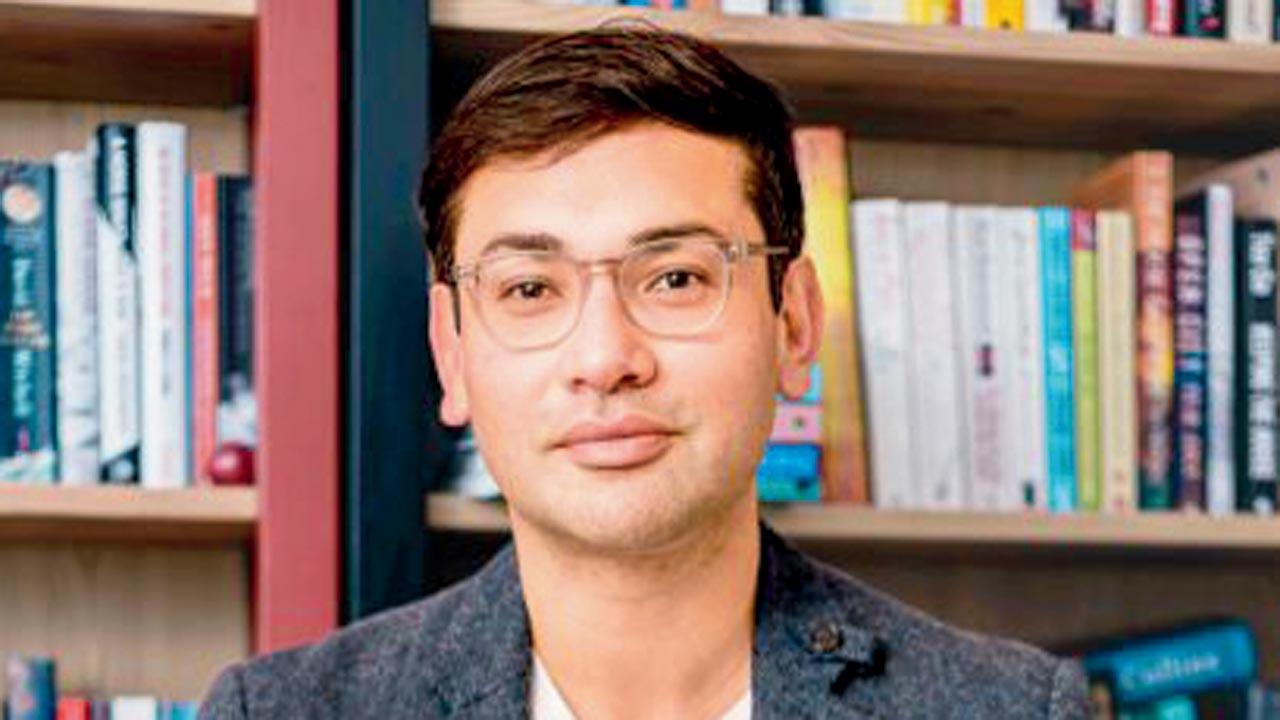 Santanu Bhattacharya
Santanu Bhattacharya
In his second novel (Penguin UK), Santanu Bhattacharya explores three generations of gay men within a family — Vivaan, Mambro, and Sukumar. This multi-generational narrative helps the reader trace their individual journeys as well as understand how the legal framework and social milieu vis-à-vis homosexuality have changed over the years in the country. Each character navigates challenges of their time, from colonial laws to loneliness and dating apps, and yearns, most of all, for love and intimacy.
The World that Belongs to Us
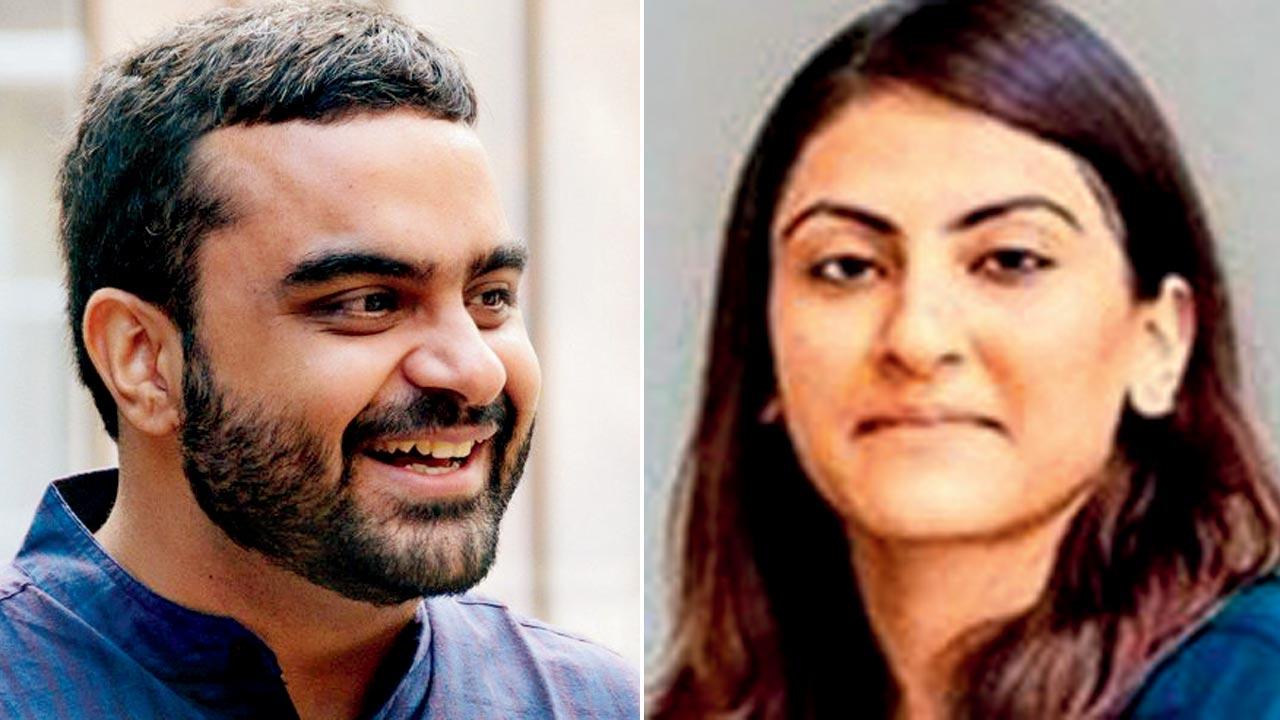 Akhil Katyal and Aditi Angiras
Akhil Katyal and Aditi Angiras
Edited by Aditi Angiras and Akhil Katyal, this collection by HarperCollins India, collates more than a 100 fresh voices from various communities in South Asia through queer poems. The term ‘queer’ is allowed to be splintered to include poems which are thematically political as well as non-political, by queer as well as non-queer poets writing as allies. In addition to reading seasoned writers such as Ruth Vanita, Vikram Seth, Kazim Ali, Minal Hajratwala, readers can pore over poems by contemporary new poets writing in various South Asian languages.
On the Brink of Belief
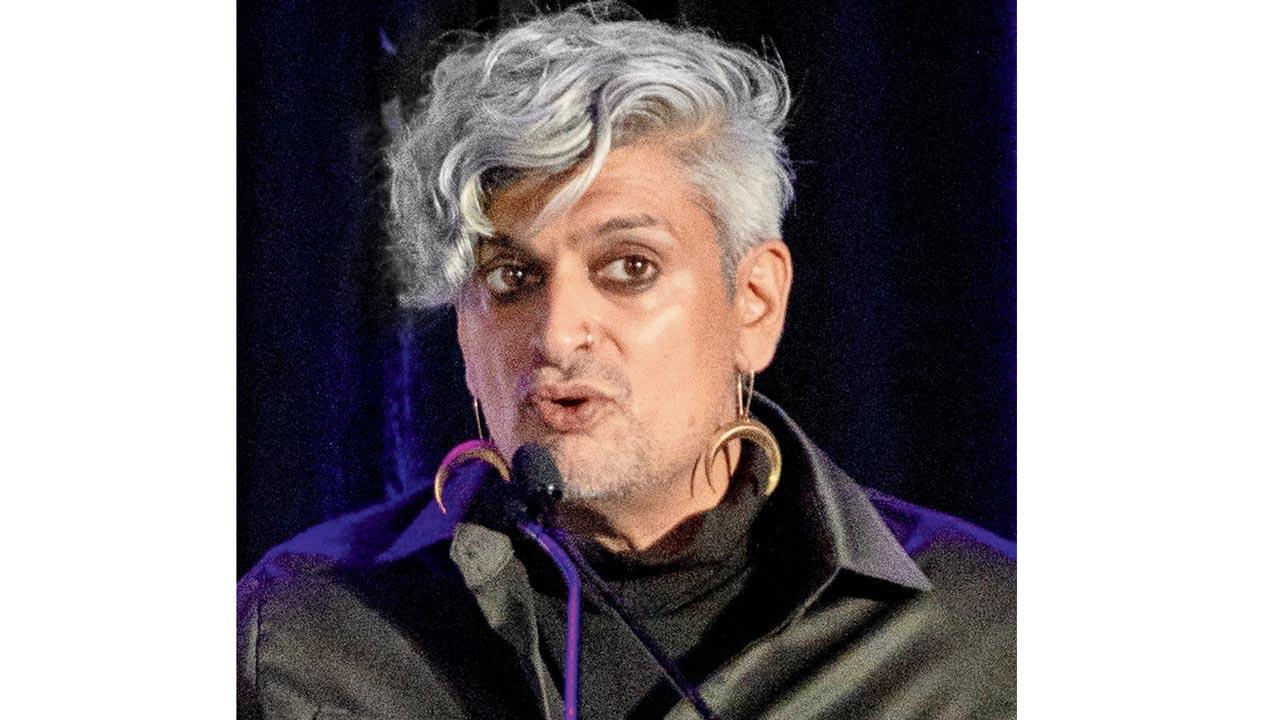 Kazim Ali
Kazim Ali
Edited by Kazim Ali, this anthology (Penguin Random House India) releases this month. Here, queerness meets faith, myth, and spirit. The book consists of short stories, memoir, poetry, and flash fiction, from 24 South Asian writers, aged 18 to 25 years. It is a culmination of the work undertaken by the writers as part of The Queer Writers’ Room, led by the digital queer culture platform, Queer Muslim Project. Some of the themes in the collection include joy, intergenerational grief, violence and memory, caste and silence, rituals and beliefs, among other things.
Available Leading bookstores and e-stores
 Subscribe today by clicking the link and stay updated with the latest news!" Click here!
Subscribe today by clicking the link and stay updated with the latest news!" Click here!











